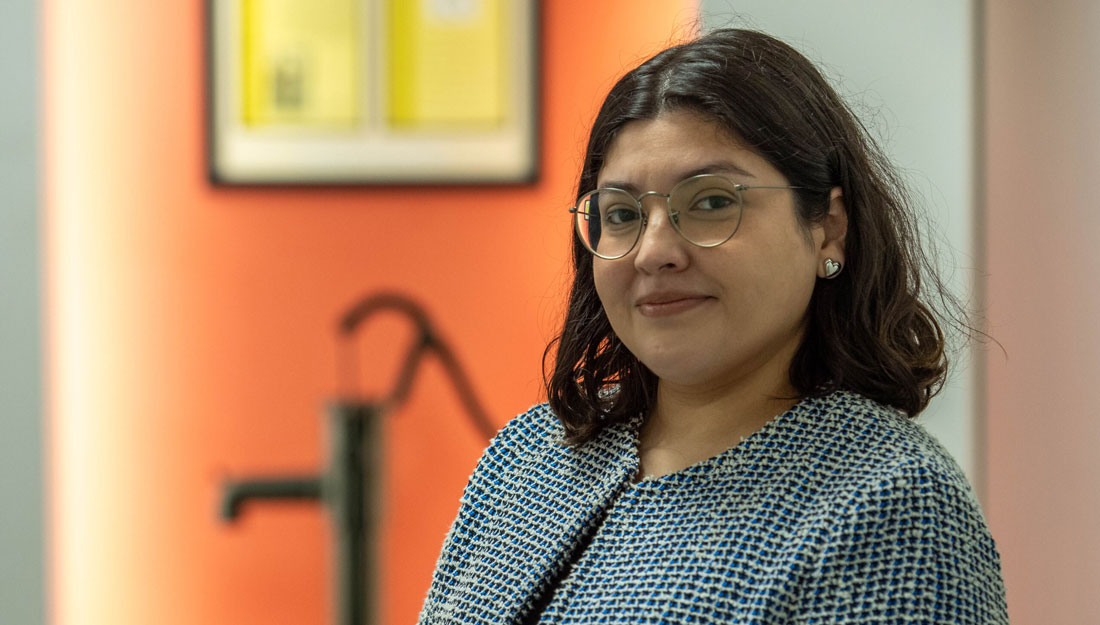Innovative approaches in the fight against cancer


The Texas A&M Health Science Center (TAMHSC) School of Rural Public Health is involved in groundbreaking cancer prevention programs and services. From piloting a program that screens and educates low-income patients at risk for colon cancer while training family medicine residents in colorectal cancer screening procedures, to developing phone applications for cancer survivors, the school is seeking creative approaches to fight and prevent cancer.
The Cancer Prevention and Research Institute of Texas (CPRIT) honored researchers at the Texas A&M Health Science Center (TAMHSC) School of Rural Public Health and College of Medicine for their work in cancer prevention efforts in the Brazos and Rio Grande valleys with a $3,235,597 grant – the largest-ever CPRIT prevention grant bestowed to a single entity at the time.
Texas A&M Physicians Dr. David McClellan in the TAMHSC-College of Medicine and Dr. Jane Bolin in the TAMHSC-School of Rural Public Health are co-principal investigators for a three-year evidence-based project that screens and educates low-income patients at risk for colon cancer while training family medicine residents in colorectal cancer screening procedures. The colorectal cancer screening project uses several unique partnerships throughout Texas and in doing so, is serving as a national model for translating colon cancer prevention, screening and education services into family medicine residency training while supporting patients through the complex health care system.
Julie St. John in the TAMHSC-School of Rural Public Health in McAllen and Dr. Christopher Beaudoin at Texas A&M University are co-principal investigators for a program that is training and utilizing promotores (community health workers) to deliver tailored education that improves access to comprehensive cancer services and the survivorship of colorectal, breast and cervical cancers for Hispanics of the Lower Rio Grande Valley.

Using mobile technology to assist cancer survivors is yielding promising results. Yan Hong, Ph.D., assistant professor, is designing and testing a web and mobile technology-based program to disseminate community resources and promote physical activity among older cancer survivors. Also, Deborah Vollmer Dahlke, chair of the Cancer Alliance of Texas and doctoral student at the school helped design a phone app, which targets cancer survivors from 15-39 years old.

And finally, the benefits of physical activity in the fight against cancer have proven to be essential. Regents and Distinguished Professor Marcia Ory, Ph.D., M.P.H., is principal investigator of the Communities of Texas, Cancer-Activity-Research-Education-Support (CTxCARES) program. Through this program mini-grants of $10,000 are awarded to communities to apply evidence-based strategies to addressing lifestyle factors that affect most chronic diseases, including cancer. The TAMHSC-School of Rural Public Health provides technical assistance to each of these projects to enhance the individual projects as well as build synergies across the funded set of projects.
A member of Texas Cancer Coalition, Dr. Ory also recently gave the opening talk at the Cancer Prevention Across the Lifespan (CPAL) workshop hosted by the Division of Cancer Prevention and Control at the CDC. The workshop focused on ways to foster innovative, public health approaches to cancer prevention.
Media contact: media@tamu.edu


